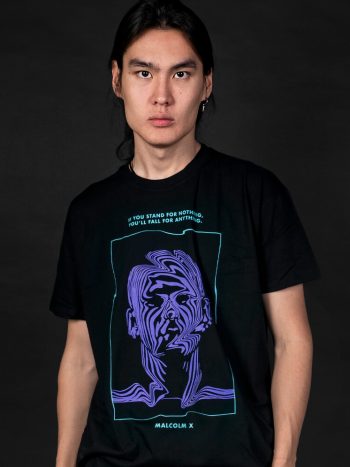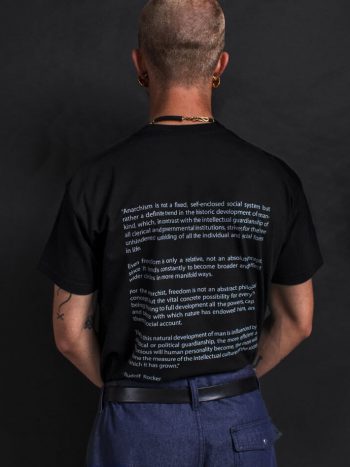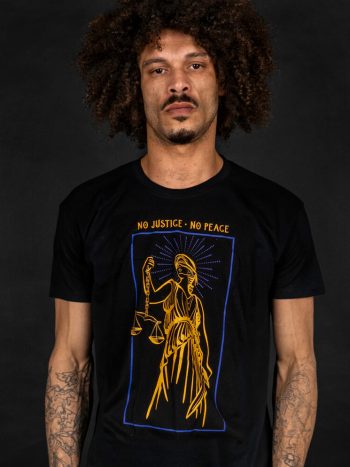-
£20Add to WishlistRemove from WishlistAdd to Wishlist
-
£20Add to WishlistRemove from WishlistAdd to Wishlist
-
£20Add to WishlistRemove from WishlistAdd to Wishlist
Malcolm X, born Malcolm Little, was a prominent African American civil rights activist and leader in the 1950s and 1960s. He is best known for his advocacy for black nationalism and self-defence, and his speeches and writings have had a lasting impact on civil rights and black empowerment movements.
Early Life and Radicalization

Malcolm X was born in Omaha, Nebraska, in 1925 and faced a difficult childhood marked by poverty and racial discrimination. His father was murdered when he was six years old, and his mother was institutionalized, leaving him and his siblings to be raised in foster homes.
As a result of these experiences, Malcolm X grew up with a deep sense of bitterness and anger towards white society.
In the 1940s, Malcolm X became involved in street crime and spent time in prison. It was during this time that he became interested in the Nation of Islam, a black nationalist and separatist religious group. After his release from prison, he joined the Nation of Islam and changed his surname from Little to X, symbolizing his rejection of his “slave” name.

Message of Black Nationalism and Self-Defense
As a leader in the Nation of Islam, Malcolm X became known for his fiery speeches and his message of black self-reliance and self-defense. He advocated for the separation of African Americans from white society, arguing that integration would never bring true equality. Malcolm X’s speeches were emotive, and he often spoke of the injustices, discrimination, and violence that African Americans faced.
"By Any Means Necessary"
Malcolm X’s phrase “by any means necessary” refers to the use of any and all means necessary, including force and violence, to achieve the goal of black liberation and equality. The phrase was a call to action for African Americans to take control of their own destiny and fight for their rights, regardless of the methods used.
The phrase was first used by Malcolm X in a speech he gave in 1964, in which he stated: “We want freedom by any means necessary. We want justice by any means necessary. We want equality by any means necessary.” This message resonated with many African Americans who felt that traditional methods of seeking civil rights, such as peaceful protests and legal action, had not been effective in achieving real change.
Message of Self-determination
In addition to his famous phrase “by any means necessary,” Malcolm X is also known for this quote:
“Nobody can give you freedom. Nobody can give you equality or justice or anything. If you’re a man, you take it.”
This quote emphasizes Malcolm X’s belief in the need for self-empowerment and action to achieve freedom and equality.
He believed that African Americans needed to stop waiting for someone else to give them their rights and instead take them for themselves.
This message of self-reliance and action was a radical departure from the message of non-violence and passive resistance advocated by many civil rights leaders at the time, but it resonated with many African Americans who were frustrated with the slow progress of civil rights.
Controversy and Legacy
Malcolm X’s emotional state was a complex one, marked by his life experiences, the injustices he faced and witnessed, and his political and religious beliefs. He was deeply angry and bitter, but also fiercely committed to making a change. He was a powerful speaker who could move his audiences with his speeches and writings, and his message resonated with many African Americans who were frustrated with the slow progress of civil rights.
Malcolm X’s message was a call for self-defense and empowerment, and it was seen as a radical departure from the non-violent approach advocated by leaders such as Martin Luther King Jr. His message was controversial and polarizing, but it resonated with many African Americans who were frustrated with the slow progress of civil rights.
Important!
It is important to note that Malcolm X’s views changed over time, and later in his life he sought to distance himself from violence and advocate for racial unity and cooperation among different ethnic groups.























